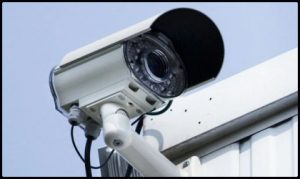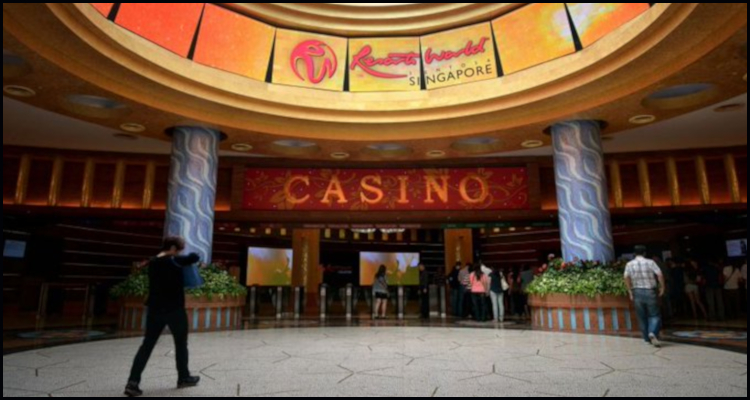In Singapore and a project that was due to increase casino security within the Resorts World Sentosa development via the use of artificial intelligence (AI) has reportedly been delayed owing to numerous technical difficulties.
According to a Thursday report from the Financial Times newspaper, Hong Kong-headquartered innovator SenseTime had planned to bring a range of high-security software systems to the Singapore casino last year in order to help operator Genting Malaysia Berhad spot potentially bad player behaviors via the use of ‘gesture recognition’ to track customers and dealer hands. This introduction was purportedly also set to see robot croupiers replace human dealers as part of an effort to make the entire venue seem like it was being totally run by AI.
Glaring glitch:
However, the newspaper cited several former unnamed SenseTime employees as detailing that this grand plan was initially hindered by the fact that the existing camera systems within Resorts World Sentosa were not able to offer high-quality images, particularly in areas that were poorly lit such as parking garages. This state-of-affairs was purportedly partially remedied in July of last year when Genting Malaysia Berhad inked an arrangement for better cameras with Japanese multinational Canon Incorporated.
Recognition rethink:
The anonymous sources reportedly also told the newspaper that the whole rollout had been further delayed owing to the inability of SenseTime’s innovations to adequately distinguish between people wearing staff uniforms. One of these purportedly proclaimed that ‘there are features other than clothing’ that the advances can pick up but that these ‘are weaker signals.’
Embryonic enterprise:
SenseTime was reportedly established in 2014 and specializes in image and facial recognition software. The company has purportedly rapidly become one of the planet’s most valuable standalone AI companies and is now planning to list on the Hong Kong bourse after earlier raising nearly $5 billion from a group of private investors.
Tongue tied:
The Financial Times reported that SenseTime had hoped to take advantage of the Resorts World Sentosa project and the increased value China is placing on AI to advertise its wares to a global list of potential clients. Nevertheless, its most recent prospectus warned potential investors that its international business had been hit by the impacts of the coronavirus pandemic as well as the challenges of commercializing its products.
One of the former SenseTime employees reportedly told the Financial Times…
“SenseTime was very proud of the Resorts World Sentosa project. It wanted to do a big announcement with the government and the resort but it keeps getting delayed. Now it has just gone silent.”
Confidential consideration:
The newspaper reported that the entire scheme could additionally he held up owing to concerns over customer privacy. Shaun Leong from international law firm Withers, purportedly disclosed that the use of AI in not currently mentioned in existing Singapore laws although officials in Macau have ruled that such systems should only be deployed for security purposes.
Leong reportedly told the Financial Times…
“In theory, casinos could use facial recognition technology or machine learning functions to supervise and monitor patrons who are gambling on the floor to catch cheating behavior. That’s quite an interesting use I think, the legalities of which perhaps are still being explored.”
Pacification pledge:
For its part and SenseTime reportedly assured potential customers that it considers information safety and data privacy as ‘top priorities’ and would use any collected data only for the purposes explicitly authorized by its clients. It purportedly went on to divulge that these aims may encompass identity verification, statistics and record-keeping but nothing not agreed beforehand.
Reportedly read a statement from SenseTime…
“We continuously monitor our data processing collaboration with third parties and regularly review the content of such collaborations, the scope of the collaboration agreements and the execution of such agreements to ensure compliance with relevant laws and regulations.”



